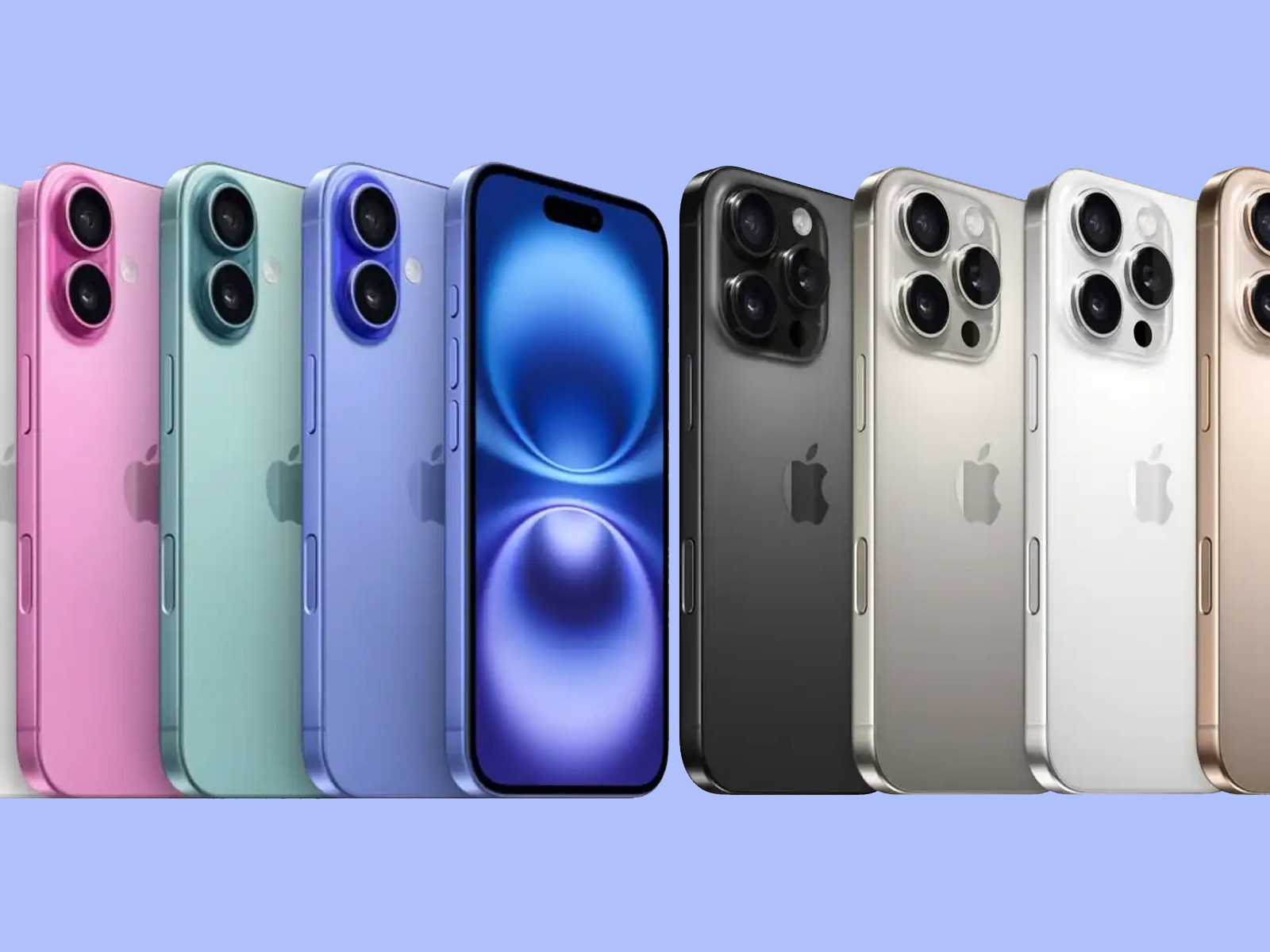Has the Apple Magic Dimmed? Inside the Disappointing Launch of iPhone 16
Sep 27, 2024
For years, Apple has set the standard for innovation and aspirational technology. However, the long-hyped launch of the iPhone 16 has sparked debates and underwhelmed many, revealing a surprising shift in consumer sentiments. This iteration has brought back the design of the older iPhone 11, raising a pivotal question: where is the innovation? It seems like Apple has begun to lag its competitors with slow, minimal, and incremental upgrades.
Amid soaring expectations from smartphones, the iPhone 16's debut has been met with mixed reactions. Industry analyst Ming-Chi Kuo reports 37 million units sold during preorders, marking a 12.7% drop from the iPhone 15's launch. A notable 16% decline in Pro Max sales suggests dwindling appeal for Apple's top-tier models, while an unexpected 48% surge in iPhone 16 Plus sales hints at a growing consumer shift toward mid-tier options.
While the tech giant's innovation seems to be tapering off, its recent pattern of minimal updates extends beyond just iPhones. Four years after the launch of AirPod Max, the only updates we’ve seen are new colours and USB-C compatibility. And with the next big thing, Apple AI (a Siri integrated with ChatGPT-like capabilities), not arriving until next year, it’s not helping to quell the growing disenchantment.
The delay in rolling out key AI features has not gone unnoticed, especially when competitors like Google and Samsung have already seized the territory. Google has recently introduced AI-powered features within Android’s ecosystem, including better on-device learning, AI-assisted photography, and more efficient voice recognition. Samsung, with its Galaxy series, has leaned heavily into artificial intelligence and advanced hardware integration, offering features that feel fresh and meaningful. The iPhone 16 and 16 pros, by contrast, seem more of the same.
Today's consumers are savvy; they're informed and discerning. They notice when a brand recycles old designs and repackages them as the next big thing. The iPhone 16 and 16 Pros, touted as the "best iPhone ever," have not delivered the groundbreaking changes expected of such a claim. It’s not enough to market better cameras and marginally improved battery life anymore. Consumers are now asking, "What’s new?", and Apple’s latest offerings seem unable to provide a satisfying answer.
Strategically, Apple’s decision to lower the price of the iPhone 16 Pro appears to be a direct response to the cooling reception of its predecessors and intensifying competition from rivals like Google and Samsung. Both companies are increasingly appealing to consumers with innovative and accessible options, not only in terms of pricing but also in terms of technological advancements.
If Apple's Intelligence launch and holiday promotions fail to boost iPhone 16 sales, it’s expected they’ll adopt more aggressive strategies in 2025 to drive demand. Could this mean price cuts for the iPhone 16 in some markets? Apple took a similar approach with the iPhone 15 in China last year, and those targeted promotions appeared to work.
As Android gears up to roll out its AI-enhanced Android 15 next month, Apple users face a waiting game. This delay could dampen sales of new-generation iPhones, as tech enthusiasts might prefer waiting for the iPhone 17, which promises out-of-the-box advanced AI features. The question remains whether those upcoming features will be enough to retain Apple’s leading edge in the smartphone market, or if the loyal fan base is beginning to eye alternatives more seriously.
However, even with the slightest tweaks or no real change, Apple’s fan kingdom still flocks to upgrade over a switch, loyal as ever to the brand. Despite the initial numbers indicating a drop, Apple has maintained its grip on a significant portion of the market. Yet, with competitors offering more compelling reasons to switch, we might soon reach a tipping point where even the loyalists begin to move on.
Apple's dominance isn't in immediate danger, but it’s clear that its magic is not shining as brightly as it once did.
